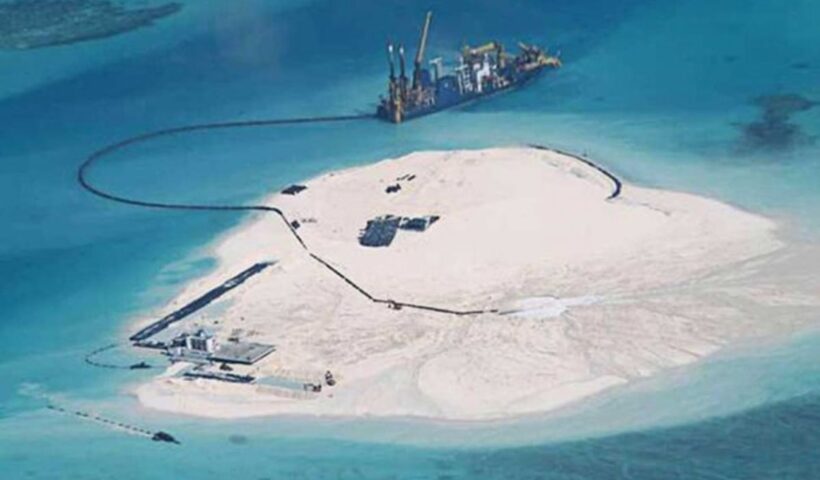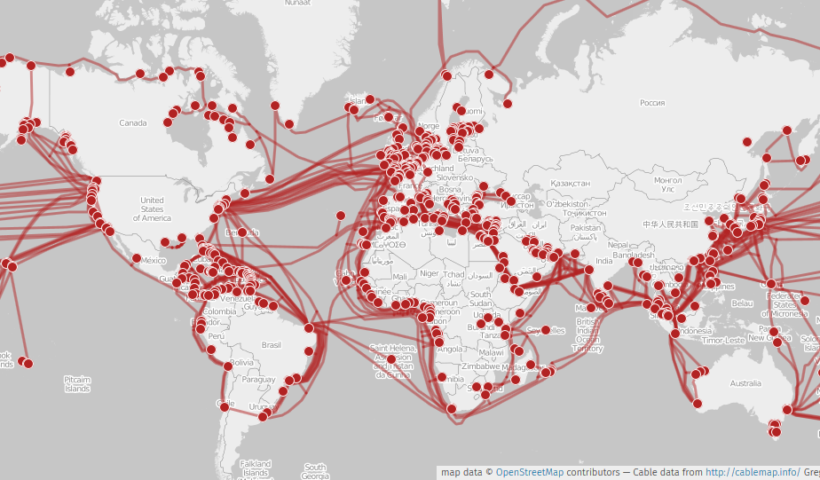An “artificial island” or “offshore installation,” or “installation (offshore),” as used in UNCLOS means a human-made edifice in the territorial sea, in the EEZ, on the continental shelf, in archipelagic waters, or in ocean space governed by UNCLOS, which is usually employed to explore for or exploit marine resources. Artificial islands, offshore installations or installations (off-shore) may also be built for other purposes, such as marine scientific research, tide observations, resorts or residences, air terminals, transportation centers, traffic control, etc.. what is the meaning of “Artificial island, offshore installation, installation (offshore)” in law of the sea, LOSC and customary international law, artificial island, continental shelf, EEZ, How artificial islands are made?, How many artificial islands are there in the world?, offshore installation, Pipelines, Territorial Sea Convention, UNCLOS, What is the largest artificial island in the world?, Why did China build artificial islands?
View More what is the meaning of “Artificial island, offshore installation, installation (offshore)” in law of the sea, LOSC and customary international lawTag: Pipelines
Freedoms of Third States on the continental shelf of other states based on the law of the sea and customary international law
(a) Submarine Cables and Pipelines With respect to the freedom of use on the continental shelf, Article 79(1) stipulates that all States are entitled to lay submarine cables and pipelines on the continental shelf.
In practice, submarine cables are divided into two main categories: submarine power cables used to transmit electricity, and submarine communication cables used to transmit data communications traffic. At present, the overwhelming majority of the world’s international telecommunication relies on submarine fibre-optic cables, and submarine telecommunication cables have become a critical global communications infrastructure. The oil and gas pipeline is also of crucial importance as a reliable means of energy transport.
Freedoms of Third States on the continental shelf of other states based on the law of the sea and customary international law, continental shelf, EEZ, High seas, LOSC, marine pollution, Pipelines, Submarine Cables, Superjacent Waters


